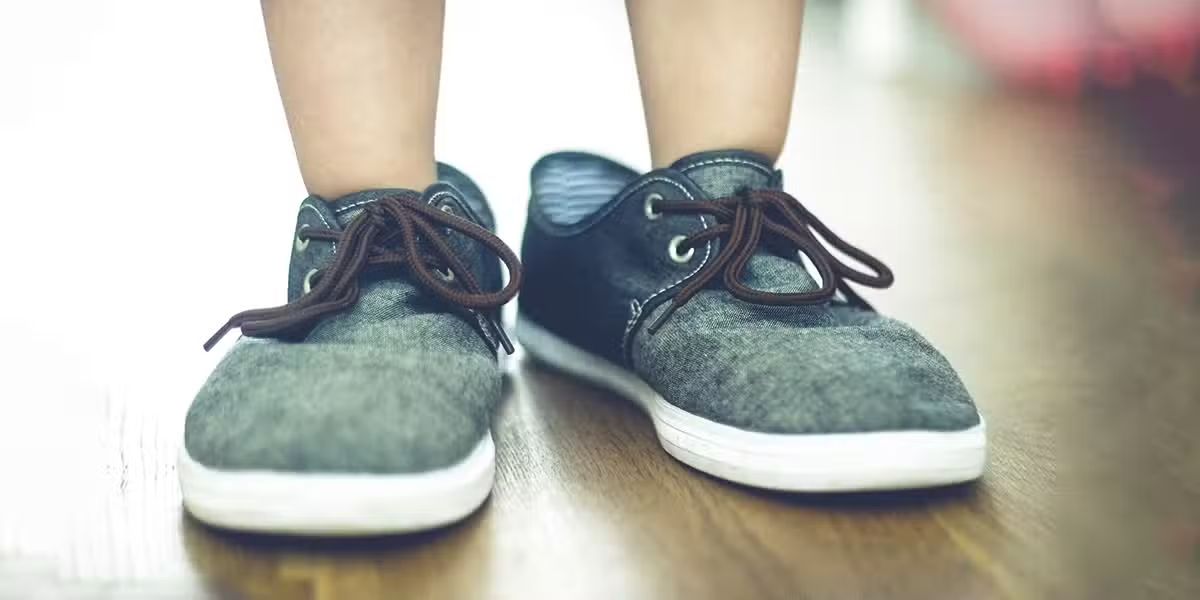Last year, I got a sweater from my wife as a birthday gift. It’s a simple grey sweater made of a linen blend, and I immediately fell in love with it. When it got cold, it became my go-to sweater to ride out the bitter Chicago winter.
Something to know about linen is that it is a somewhat coarse material. Garments woven from linen are earthy, and they contain minor imperfections. In my case, my sweater has a few off-color strands of plant material at various points along the weave.
One of these off-color strands sat about mid-chest, and I saw it whenever I looked down. For a few weeks, I just took it for granted. But then one day, I was sitting in a meeting, and I reached down and gave the strand a little tug. The thread pulled free from the sweater, and voilà, the imperfection was gone. But the strangest thing happened. Just as soon as the strand was free from the sweater, I suddenly realized I missed it.
Yes, I had “improved” the sweater by removing the imperfection, but in the process I had made the sweater a little more like every other sweater in the world. More than this, I quickly realized that there was no way to put the little strand back. My attempt to “fix” the sweater was a one-way ticket that could not be undone. And I had to admit, that made me sad.
More Than Just A Strand
This unexpected turn of emotions has caused me to move a bit more carefully in the world. I used to just go about fixing things in my life because I thought that was what I was supposed to do. Now, instead, I take a moment to imagine before I act. I think about what I might feel like if that little imperfection was suddenly gone from the universe. Will I feel more complete or like something has been lost? It might sound funny, but this little moment with my beloved grey sweater has made me more careful about being a parent.
As you may know, there is a really strong internal voice that grabs hold of you as a parent and pushes you to want to “fix” things in your children. Whether it’s a particular behavior, how your child chews food at the table, or some aspect of the way he or she dresses, it becomes very easy to focus on the little strand in the weave and try to pluck it out.
More than 10 years into being a dad, with the teenage years on the horizon, I am rethinking this strand-pulling strategy. I realize that, to really love my children, I cannot simply love their put-together, well-behaved, cosmetically appealing aspects. I have to love all of them. That means loving them in their moments of failure and their imperfections.
I need to love them as they are, where they are. I know this because, as I learned with that little strand in my sweater, when I am too zealous in rooting out the little imperfections in my kids, I discover—after they have been “fixed”—that I end up feeling worse, not better. I feel as if something that made the world fuller is missing.
More Than Our Flaws
I still love my sweater, but I was too zealous to make it “perfect” and in the process it lost something that made it mine. God, to me, is a mystery, but in my better moments, I feel fairly sure that God loves us in the way I am trying to love my sweater, and the way I love my kids. That is to say, I think God looks at us and sees the beauty of who we are, and that beauty is not a result of our being perfect. It’s a result of our being a whole, unique mess—the good and the bad together. God delights in our discolored strands. I am learning to do the same.








